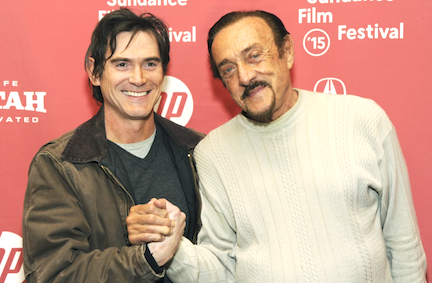
This story originally appeared in Monday morning’s Daily Post. To get all of the local news first, pick up the Post in the mornings. Our competition does — that’s where they get their story ideas.
Philip G. Zimbardo, the psychologist behind the controversial “Stanford Prison Experiment” that was intended to examine the psychological experiences of imprisonment, has died. He was 91.
Stanford said Zimbardo died Oct. 14 at his home in San Francisco. A cause of death was not provided.
In the 1971 prison study, Zimbardo and a team of graduate students recruited college-aged males to spend two weeks in a mock prison in the basement of a building on the Stanford campus. The study was ended after six days as the students playing guards became psychologically abusive and those playing prisoners became anxious, emotionally depressed and enraged, according to the Stanford statement.
Zimbardo was criticized for taking the role of superintendent — becoming an active participant in the study and no longer a neutral observer.
“The outcome of our study was shocking and unexpected,” Zimbardo would later co-write with one of the graduate students who was part of the project.
The experiment is now used in psychology classes to study the psychology of evil and the ethics of psychological research with human subjects, Stanford said.
Zimbardo’s research also included persuasion, hypnosis, cults, shyness, time perspective, altruism and compassion, Stanford said.
Zimbardo is survived by his wife, Christina Maslach Zimbardo, three children and four grandchildren. — By the Associated Press

Be the first to comment